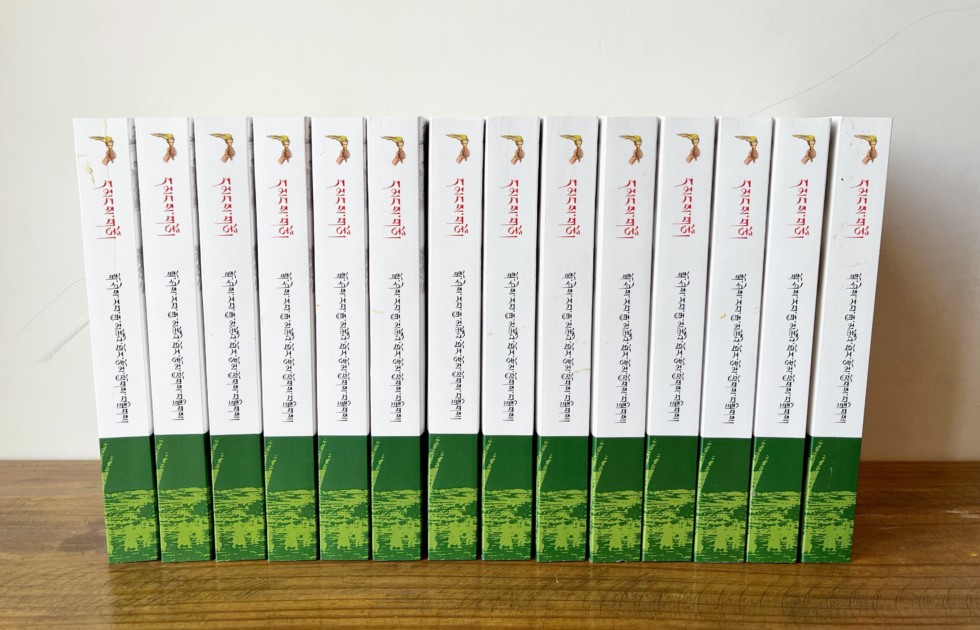The Tibetan Centre for Human Rights and Democracy joins the international community in observing World Press Freedom Day, as proclaimed by the United Nations General Assembly in 1993 to remind governments to honor their commitments to press freedom and its core principles. However, in Tibet, China’s stringent control over information severely curtails press freedom and suppresses expression. Through strict regulations on both foreign and domestic journalists, often resulting in imprisonment and torture, China obstructs international efforts to accurately understand the reality in Tibet. This suppression not only denies Tibetan voices agency but also forcefully suppresses independent publications through bans or extensive censorship.
While the Chinese government asserts that foreign journalists are free to travel throughout China, Tibetan regions remain tightly sealed off. According to the annual report of the Foreign Correspondents’ Club of China, only one respondent was granted access in 2023. Access to the Tibetan Autonomous Region remains officially restricted for foreign journalists, coupled with heightened intimidation and surveillance, both in-person and through more sophisticated digital means.
China ranked second-lowest out of 180 countries and territories in the 2023 World Press Freedom Index released by Reporters Without Borders, with only North Korea scoring worse, labeling China as the world’s largest jailer of journalists.
Undermining the rights to free expression and access to information, numerous popular Tibetan language websites with non-political content have been blocked, including Emperor administered by Rongwo Gendun Lhundup and Bodh Du Ched Tawa administered by Rinchen Tsultrim. Additionally, other prominent websites such as New Youth, Je Tsongkhapa, Wish Fulfilling Snow Flower, Sound of Dzachu’s Wave, Spiritual Friend, Sengdor, and most recently Luktsang Palyon have faced similar censorship.
Tibetan independent bloggers, writers, intellectuals, and thought leaders are increasingly targeted by the Chinese authorities in recent years, with many being sentenced to varying prison terms under vague and labyrinthine charges of ‘inciting separatism’ and ‘endangering state security.’
Among them is prominent Tibetan writer and intellectual Go Sherab Gyatso, unjustly sentenced to ten years’ in prison for his outspoken views on Tibetan education and Buddhism in 2021. He has been detained thrice in the last more than two decades for consistently challenging the repressive policies of the Chinese government through his writings, speeches, and activism. Go Sherab Gyatso became a prominent figure advocating for human rights and democracy inside Tibet. His imprisonment transcends a mere individual case of unjust detention and imprisonment; it epitomizes a broader pattern of actions by the Chinese government aimed at sinicizing Tibetan language, culture, heritage, and history through distortion, including suppressing Tibetan Buddhism and restricting traditional education and cultural practices. Additionally, his writings aimed at empowering Tibetan society and people have been continually censored, suppressing discussions on vital topics such as human rights, equality, democracy, and the rule of law. By stifling voices like that of Go Sherab Gyatso, the Chinese government seeks to manipulate the narrative and impede the development of a vibrant and independent Tibetan society.
Despite enduring continuous harassment, detention, and imprisonment in the last more than two decades, Go Sherab Gyatso has remained steadfast in his courage and intellect. His resilience is evident in his unwavering commitment to scholarly study and research, prolific authorship of extensive written works, and dedication to providing education in monasteries and schools. Advocating for a Tibetan society built upon democracy, self-determination, equality, and the rule of law, he underscores the importance of balancing modern development with preserving ancient traditions.
On this year’s World Press Freedom Day, the Tibetan Centre for Human Rights and Democracy is pleased to release the imprisoned writer’s latest book titled དམངས་གཙོའི་ཐེམ་སྐས་ལ་འཛེགས་བཞིན་པའི་བོད་. With eleven published books, Gyatso advocates a path harmonizing modernity with tradition, emphasizing the significance of internal wisdom and external knowledge. This compilation of his works includes writings and speeches exploring subjects such as human rights, democratic values, self-determination, and equality, alongside pertinent documents concerning his expulsion from the Kirti Monastery.

The Tibetan Centre for Human Rights and Democracy calls upon China to allow Tibetans inside Tibet to exercise their fundamental right to freedom of expression without fear or unlawful interference from state authorities. The Chinese authorities must immediately and unconditionally release eminent Tibetan writers and scholars, including Go Sherab Gyatso, from unjust imprisonment. Furthermore, the Chinese government must cease its tactics aimed at silencing and intimidating human rights defenders, journalists, writers, intellectuals, and activists in Tibet.
